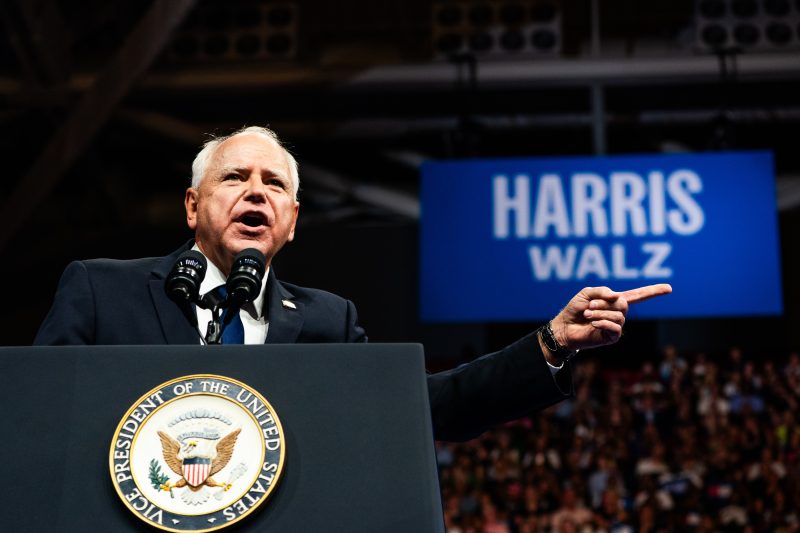Minnesota Governor Tim Walz has been the center of attention due to his stance on China and the complex history he shares with the country. Although accusations that he is pro-China have surfaced, a closer look at his track record reveals a more nuanced relationship.
Walz’s ties to China go back to his early career as a teacher. In the 1980s, he spent time teaching in China, which provided him with a deep understanding of the country’s culture and people. This experience has influenced his perspective on international relations and trade.
Throughout his political career, Walz has supported engagement with China, recognizing the economic opportunities it presents for Minnesota. His efforts to foster relationships with Chinese officials and businesses have aimed to promote trade and investment in the state, leading to mutual benefits for both parties.
However, critics have pointed out instances where Walz may have been silent on certain issues related to China’s human rights record. While advocating for economic ties, some have argued that he should also prioritize addressing human rights concerns, such as the treatment of Uighur Muslims or the crackdown on pro-democracy activists in Hong Kong.
Despite these criticisms, Walz has maintained a pragmatic approach to his dealings with China. He acknowledges the complexities of the relationship and the need to balance economic interests with human rights considerations. His advocacy for fair trade policies and a level playing field for American businesses reflect his commitment to protecting local interests while engaging with international partners.
In conclusion, Governor Tim Walz’s history with China is a blend of personal experience, economic pragmatism, and diplomatic engagement. While he has faced scrutiny for his stance on certain issues, his track record reveals a nuanced approach that prioritizes Minnesota’s economic well-being while acknowledging the broader implications of international relations. As the global landscape continues to evolve, Walz’s position on China will likely be subject to further scrutiny and debate, highlighting the complexities of balancing economic interests with human rights concerns in a globalized world.



























